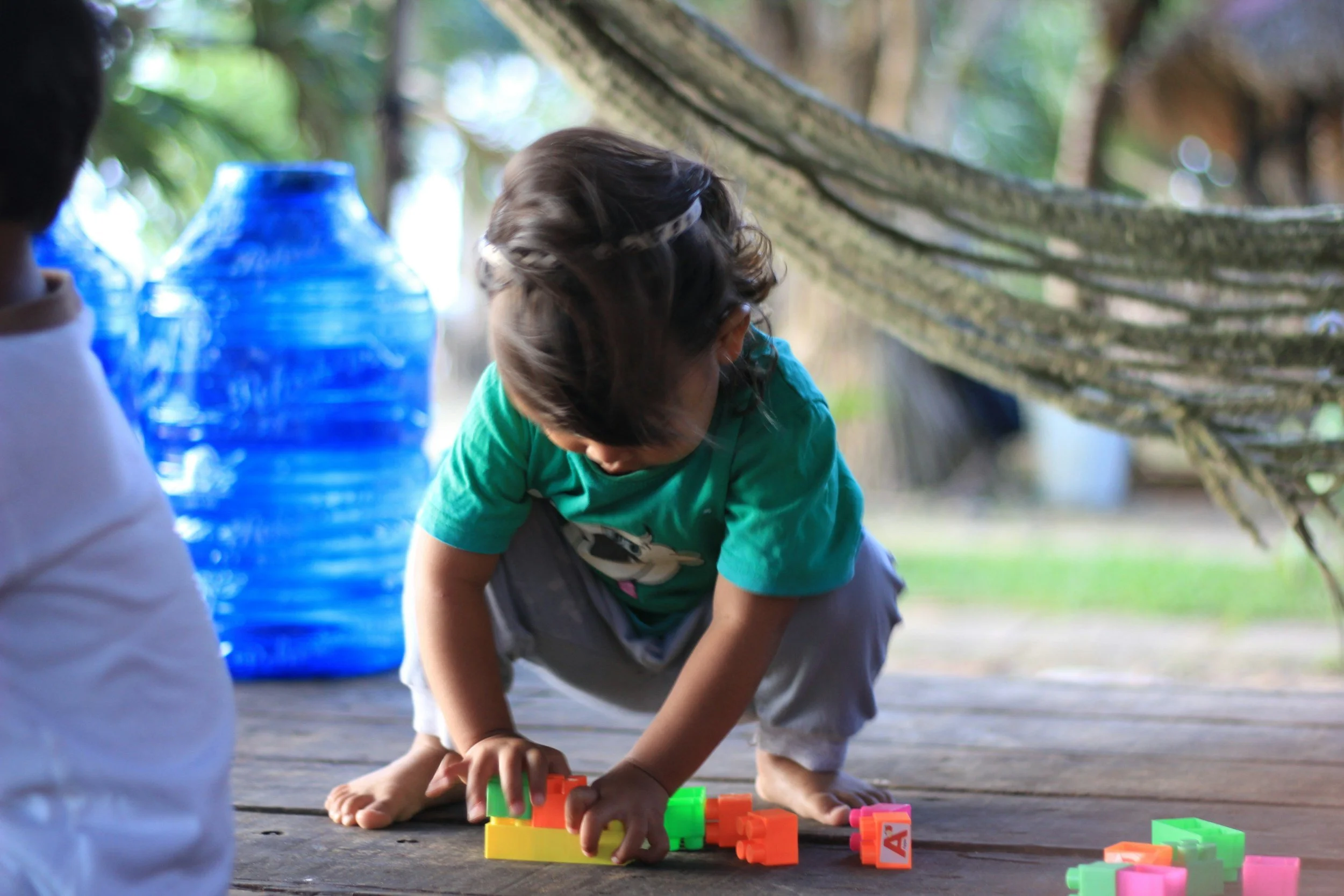ABA Therapy Services
Treatment Offerings
Focused treatment
Conventionally, direct services are provided by paraprofessionals under the supervision of a Behavior Analyst (BCBA). These services are usually delivered at either an intensive (comprehensive) or non-intensive (focused) level. What makes The Center for Behavior Change unique is that all direct services are provided directly by a BCBA, at a lower dosage than typical ABA programs. We prioritize quality of service over the number of service hours. Sessions typically occur 2–8 hours per week, with treatment formally reviewed every six months.
Family-Led ABA
We recognize that the classic ABA treatment model doesn’t fit the needs of families or they simply do not have access. The family led treatment model is families who are seeking flexibility, facing lack of access to treatment or simply want to teach their children as a family. Caregivers will learn to implement a variety of protocols designed with you and for your child to increase social engagement and communication, language development, daily living skills or to address behaviors of concern. Sessions typically occur 2-4 hours per week, with treatment formally reviewed every six months.
Consultation
Consultative services are a blend of direct and family-led. In this model of services, the Behavior Analyst may spend time troubleshooting interventions for one or two specific skills, which are then quickly generalized to the family. Consult may also occur with school, daycare or with other change agents (pending insurance approval). Sessions typically occur 2–4 hours per week, with treatment formally reviewed every six months generally only lasting up to a year.
Supporting Individuals Across the Lifespan
-

Early Learners (ages 2-5)
Naturalistic developmental behavioral intervention (NDBI) is an evidence based approach combining the principles of ABA with the views of developmental psychology. Caregivers are supported through creating learning opportunities embedded into play and daily routines in order to establish meaningful social connection, communication and to acquire other developmentally appropriate skills.
-

School-Aged (ages 6-11)
Focuses on helping kids build the skills they need to succeed at home, in school, and with friends. Services include support with school preparedness, increasing independence, building social skills, social emotional regulation, and managing challenging behaviors. Families are supported with practical strategies to aid learning and address behavior.
-

Pre-teen and Adolescents (ages 12-17)
Services for teens are aimed at building essential competencies like social skills, communication, self-care, independence, executive functioning and other challenges unique to this age group. Services are personalized to help individuals identify and manage emotions, navigate social situations and develop self-management skills. Parents are guided through strategies to support their growing children.
-

Transition and Adult Services (17+)
Adult services address independence in home and the community. The goal is to help adults lead more active, autonomous, and fulfilling lives by teaching adaptive behaviors, and fostering emotional regulation and executive functioning skills.
Flexible services where the impact matters most
-
Services primarily occur at the clients primary home(s). Sessions occur where the child would usually spend time during the day. A parent needs to be available.
-
Sessions occurring in the community support access and include places the child and caregiver frequent (daycare, school, pool, shopping) to address skills related to health and safety, communication or behavior inhibiting access.
-
Telehealth services occur remotely — internet connection and video are required for telehealth to be effective. Video models, visuals, self-recording and other strategies will be used (with your permission) for an effective and educational telehealth service.